AI-Generated Works: Navigating Copyright Ownership in Civil Law
chen(作) 热点事件AI-Generated Works and Copyright Ownership in Civil Law Jurisdictions
In the age of artificial intelligence (AI), the line between human creativity and machine output is becoming increasingly blurred. As AI becomes more sophisticated and capable of creating original works across various fields such as art, literature, music, and even programming, questions about copyright ownership have arisen. This article aims to navigate the complex legal landscape surrounding AI-generated works under civil law systems, with a focus on how different jurisdictions approach the issue of copyright ownership.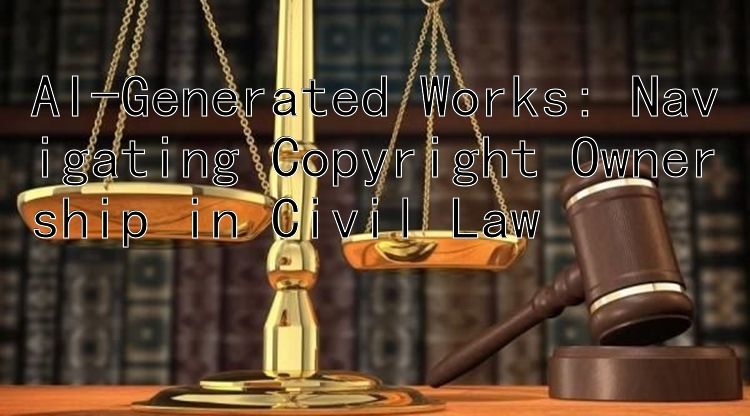
Introduction to Copyright Law
Before delving into the specifics of AI-generated content, it's essential to understand the fundamental principles of copyright law. Under most civil law systems, including those found in many European countries, authorship rights are granted automatically upon creation of an original work. The author enjoys exclusive rights over their work, which include the right to reproduce, distribute, adapt, and publicly display or perform the copyrighted material. These rights typically last for a set period after the death of the author.
The Challenge of AI Authorship
The challenge posed by AI-generated works arises from the fact that traditional notions of authorship revolve around humans. However, AI operates through algorithms and data inputs provided by programmers, leaving open the question of who should be considered the "author" when an AI creates something new. Should it be the programmer who designed the algorithm? Or perhaps the entity that owns the AI system? And what if multiple parties contribute to the development of the AI technology?
Legal Perspectives Across Civil Law Systems
France
France has been at the forefront of addressing these issues, particularly regarding AI-created visual artwork. In 2018, the French National Assembly passed a bill recognizing the principle of moral rights—which protect an artist's attribution and integrity of their work—for certain types of non-human creations. The legislation provides that where a work created using computer tools does not entail any creative contribution from its creator, the rights may be attributed to the person(s) who programmed the software used.
Germany
Germany, known for its strict adherence to the principle of personal authorship, has yet to address this matter directly within its copyright laws. However, case law suggests that the courts might consider granting protection to AI-generated works if they meet the criteria for originality, which includes being independent of human control during the creation process. Until specific regulations are enacted, determining copyright ownership would likely depend on contractual agreements among stakeholders involved in the creation process.
China
China's current copyright law does not explicitly cover AI-generated works; however, the country's draft amendments to its copyright law suggest recognition of such works. If adopted, the revised law could potentially grant copyright protections to AI-generated content, but details regarding ownership remain unclear. It seems likely that the developer or user of the AI system would hold the copyright unless otherwise agreed upon in contracts.
Conclusion
As AI continues to advance and generate novel forms of expression, lawmakers worldwide will need to grapple with the complexities of assigning copyright ownership. While some civil law jurisdictions like France have taken steps towards adapting existing frameworks to accommodate AI-generated works, others, like Germany and China, are still evolving their positions. Ultimately, the resolution of this issue will require careful consideration of both technological innovation and societal values concerning intellectual property rights.
Case Study: The "Edwina Hart" Painting Controversy
One notable example illustrating the challenges of AI copyright ownership occurred in the UK, which follows common law rather than civil law. The painting "Edwina Hart" was created by an AI program called Ai-Da without direct human intervention. When the gallery owner sought to register the painting for copyright protection, the Intellectual Property Office initially rejected the application due to the lack of human authorship. Subsequently, the decision was reconsidered, and the painting was registered, marking one of the first instances of AI-generated art receiving official copyright status. This case underscores the difficulties in applying established copyright rules to AI-generated works and highlights the need for clear legal guidelines tailored to this emerging field.
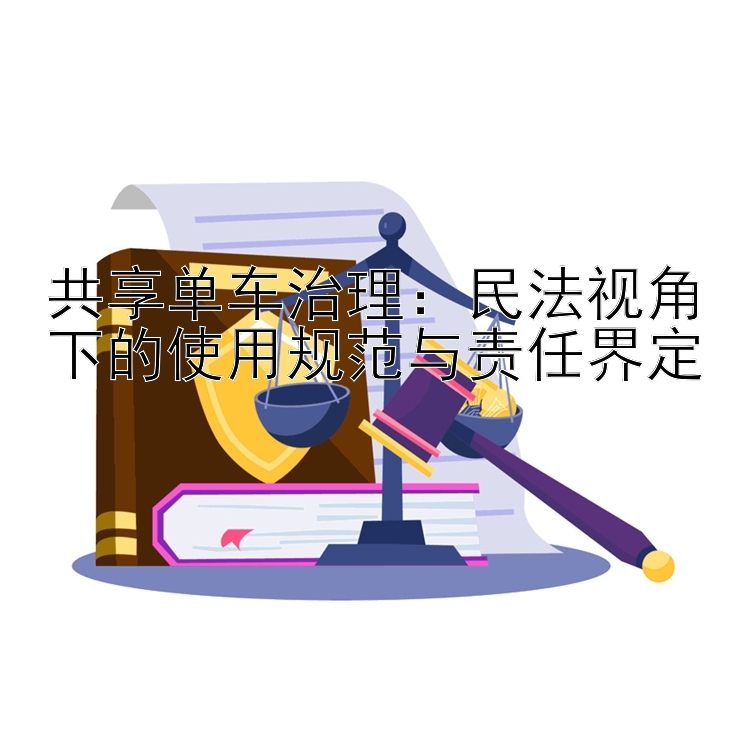
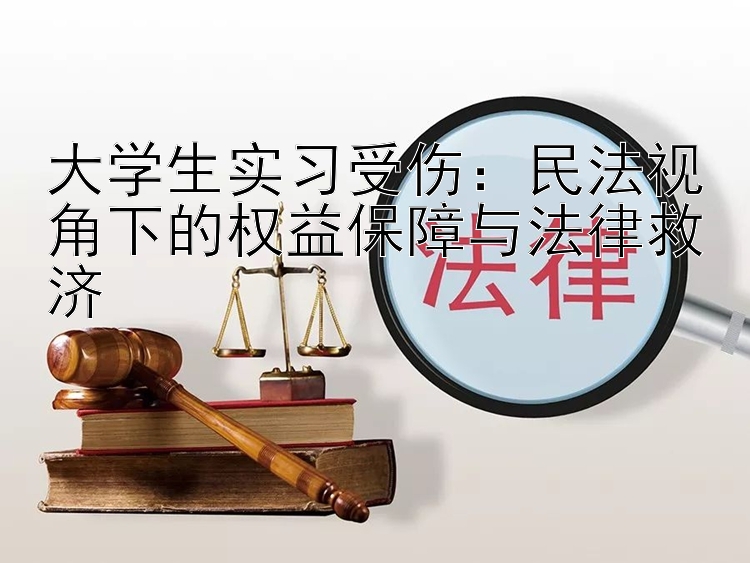
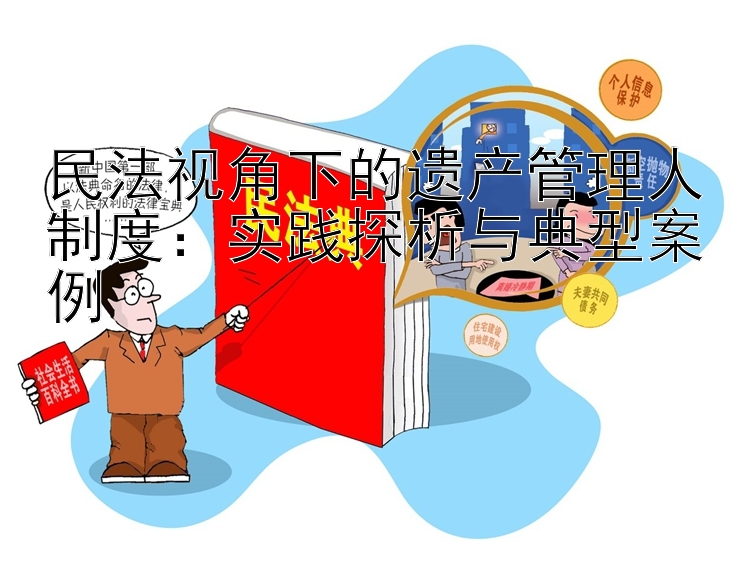
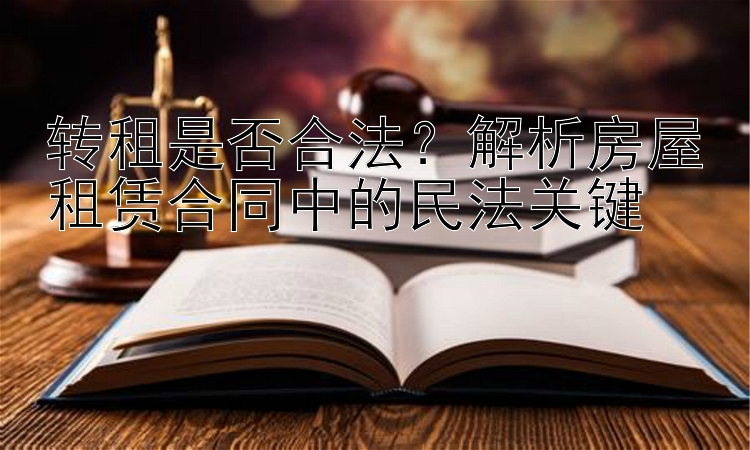
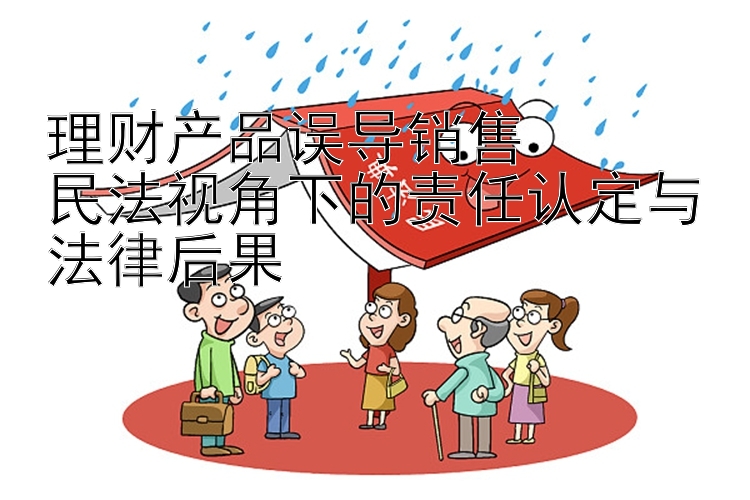
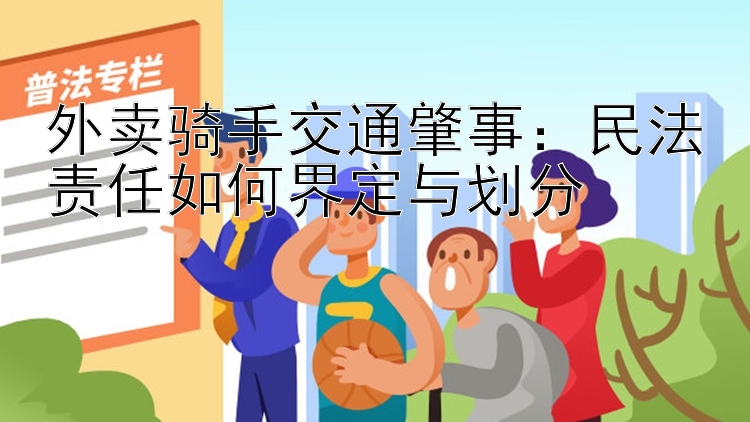
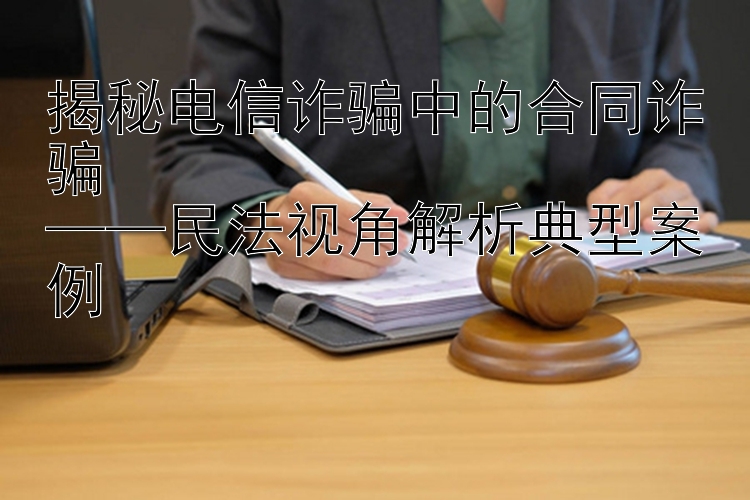
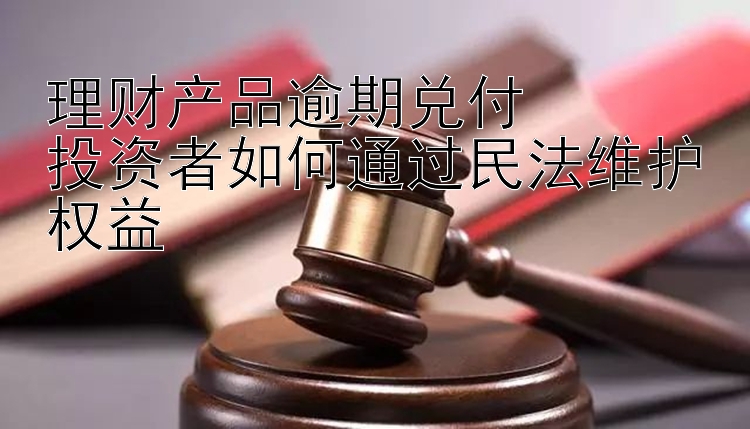
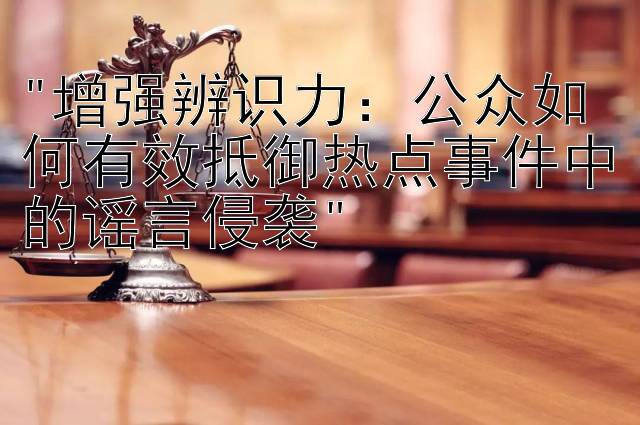 增强辨识力:公众如何有效抵御热点事件中的谣言侵袭
增强辨识力:公众如何有效抵御热点事件中的谣言侵袭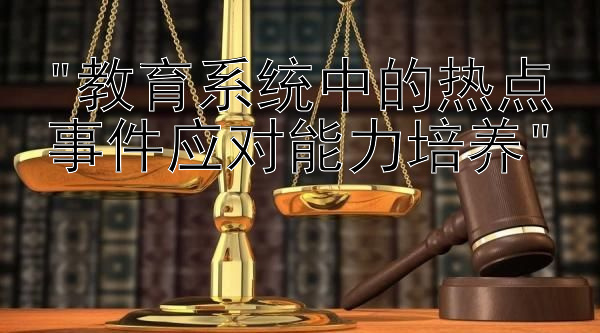 教育系统中的热点事件应对能力培养
教育系统中的热点事件应对能力培养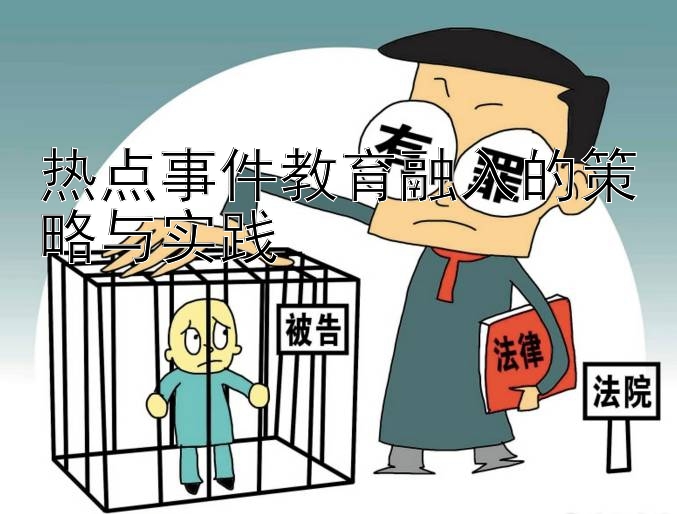 热点事件教育融入的策略与实践
热点事件教育融入的策略与实践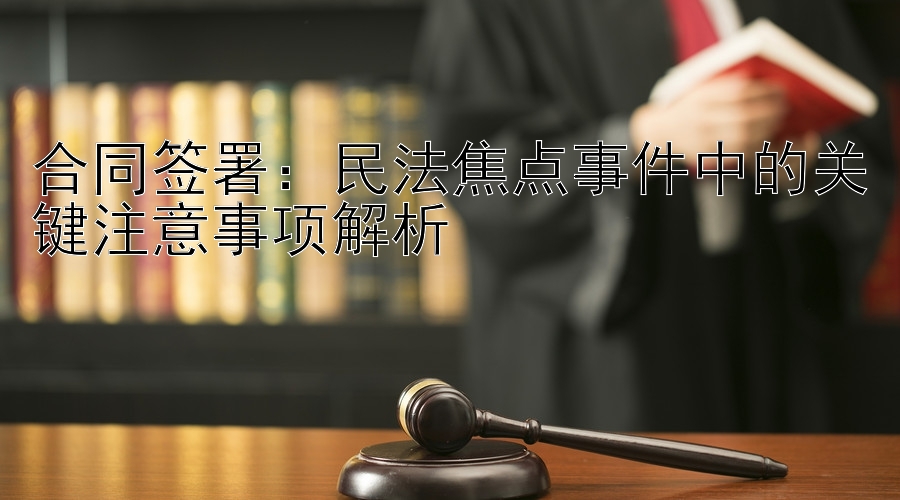 合同签署:民法焦点事件中的关键注意事项解析
合同签署:民法焦点事件中的关键注意事项解析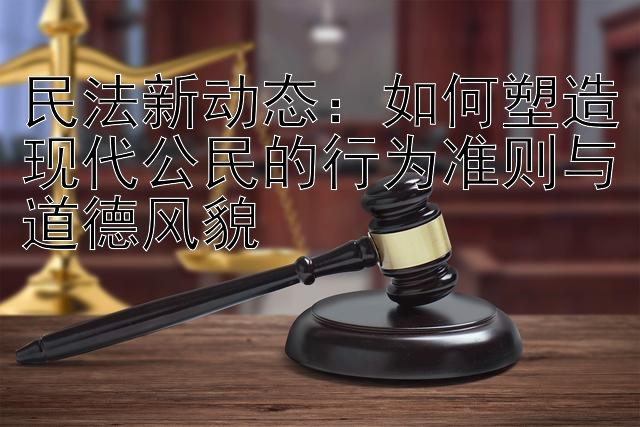 民法新动态:如何塑造现代公民的行为准则与道德风貌
民法新动态:如何塑造现代公民的行为准则与道德风貌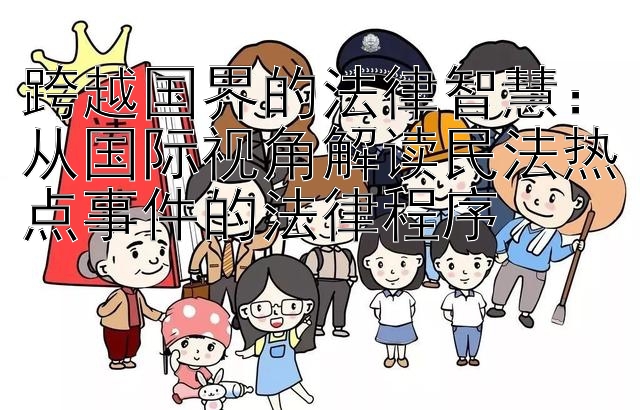 跨越国界的法律智慧:从国际视角解读民法热点事件的法律程序
跨越国界的法律智慧:从国际视角解读民法热点事件的法律程序